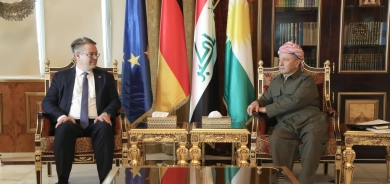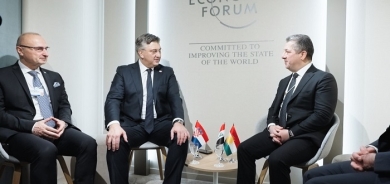Washington Enables Egypt’s New Dictators

Given the record that the General Abdel Fattah el-Sisi’s junta has already amassed, the decision to sell that government such lethal weaponry was especially inappropriate. The Sisi regime has killed hundreds of demonstrators loyal to Mohamed Morsi, the elected president that the military ousted, and its obedient tribunals have imposed death sentences on many hundreds more. Those sentences have followed trials that fail to respect even the most basic features of due process. Credible reports from the BBC also indicate that torture of political prisoners has again become a feature of Egyptian life.
Granted, Morsi and his Muslim Brotherhood followers often behaved in an arbitrary and worrisome fashion. Their style of rule was reminiscent of phony democrats such as Vladimir Putin or Venezuela’s Hugo Chavez. Washington certainly had no obligation to provide aid, financial or otherwise, to the Morsi government. Nor did the United States have an obligation to prevent the Sisi coup from taking place.
But Obama administration officials do have a moral obligation not to make the United States an accomplice in the brutal repression that is now occurring in Egypt. Washington’s conduct has been reprehensible, with the Apache helicopter sale being merely the latest and worst step. U.S. leaders could not even bring themselves to label the Sisi coup a “coup,” and administration officials have described the mass death sentences that Egyptian tribunals have imposed with such tepid terms as “inappropriate.” Key features of U.S. financial aid and military cooperation continue unabated.
Washington still officially clings to the notion that Sisi and his associates are committed to restoring democracy in Egypt. That view is at best fanciful and at worst cynical. A knowledgeable foreign policy colleague of mine visited Egypt in late April and noticed that virtually all media outlets, whether officially government operated or ostensibly under private control, carried nearly identical accounts, praising Sisi and vilifying Morsi and the Brotherhood in the most inflammatory manner possible.
Other observers have noted the pervasive cult of personality displays centered around Sisi—so much so, that his victory in the upcoming election is a foregone conclusion. Tight military control of the electoral process guarantees that result. The junta’s lack of subtlety was already apparent with the balloting for a new constitution, which produced a 98 percent majority in favor. Washington used to ridicule such rigged elections in communist countries during the cold war, and U.S. leaders did so more recently with the secession referendum in Ukraine. Yet there was no apparent skepticism, much less outright criticism, regarding the legitimacy of the balloting for the Egyptian constitution.
Washington is again showing a willingness to back thuggish dictators, as long as they are friendly to U.S. policy objectives. A succession of U.S. administrations did so with Hosni Mubarak during his three-decade rule in Cairo, and the same was true of behavior toward the likes of the Shah of Iran, Ferdinand Marcos in the Philippines, Park Chung-hee in South Korea, and many other “friendly tyrants.” The Obama administration’s actions regarding the current situation in Egypt indicate that U.S. leaders have few regrets about those unsavory episodes.
Ted Galen Carpenter, a senior fellow at the Cato Institute and a member of the editorial board at Mediterranean Quarterly, is the author of nine books and more than 550 articles and policy studies on international affairs.

 Ted Galen Carpenter
Ted Galen Carpenter











